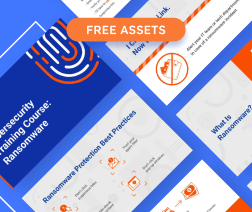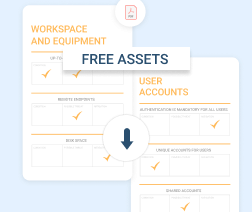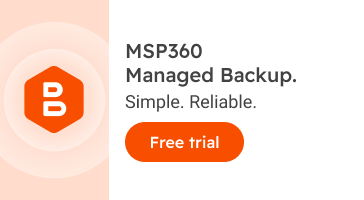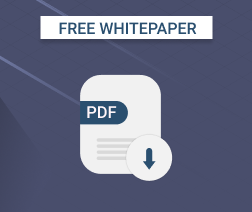Without a doubt, managed services providers (MSPs) are responsible at some level for educating their customers on one of the biggest threats in today’s threat landscape — ransomware. As experts in the field of cybersecurity, MSPs should be able to properly educate their customers on this growing threat and the tools needed to protect themselves. But how should MSPs go about doing so?
Sticking with the fundamentals can go a long way. By providing training, offering comprehensive security plans, sharing relevant news and information, and making things personal, you can help your customers stay safe and secure in an increasingly complex threat landscape, one where ransomware is thriving. This, in turn, can help protect the business community as a whole from the damaging effects of ransomware attacks.
Further reading Verizon 2023 Data Breach Investigations Report: The Soaring Cost of Ransomware
Provide regular security training. The first step in educating your customers about ransomware is providing them with regular security training sessions. These should cover topics about how ransomware works, recognizing phishing emails or other malicious links/attachments, best practices for securely backing up data (including off-site backups), etc. You could also include tips on creating strong passwords and enabling multi-factor authentication (MFA) on accounts where available (email services like Gmail are a prime example). By arming your customers with practical knowledge about these topics, you can help them to be better prepared if they ever face a ransomware attack. Consider providing a quiz after each training session to help ensure their understanding of the material.
The asset pack includes:
- Cybersecurity training videos
- 3 white-label presentations


Offer a comprehensive cybersecurity plan. A comprehensive cybersecurity plan should be tailored to the specific needs of your customers and include details on how they can protect themselves from ransomware attacks. It should cover topics such as choosing appropriate antivirus software, properly configuring firewalls, updating operating systems and applications regularly, implementing least-privilege access controls (e.g., ensuring only the most important individuals have administrative access), and more. (Even though this falls within your purview, it can also sometimes help with getting your customers on board with your strategies.) Having a well-defined plan will make it easier for customers to understand how to best keep their systems secure and reduce the likelihood of their becoming victims of ransomware attacks.
Further reading Using Backup to Elevate a Cybersecurity Offering to a Cyber Resilience Offering
Share relevant news and information. Keep your customers up to date with the latest news and information on ransomware and other cybersecurity threats. This could include alerting them about new ransomware strains, sharing relevant articles from trusted publications, or simply informing them of best practices for staying secure. (You may even want to consider distributing a weekly newsletter containing all this information, if possible!) By regularly and consistently providing your customers with useful information on ransomware, you can help ensure they know the risks and how to protect themselves.
Make it personal. Making the education process personal is important to ensure that your customers are well informed about the growing threat of ransomware. Provide personalized advice and assistance tailored to each customer’s specific needs whenever possible. For example, use scenarios specific to a customer’s industry, size, and IT environment. This makes it personal for the customer. Sitting down with each customer on a quarterly basis to reassess strategy is often necessary.
MSPs have an important role to play in educating their customers about ransomware. By making sure your customers understand how to best protect themselves and others against ransomware, you’ll not only be helping them stay secure — you’ll also be helping to create a safer online environment for everyone.






